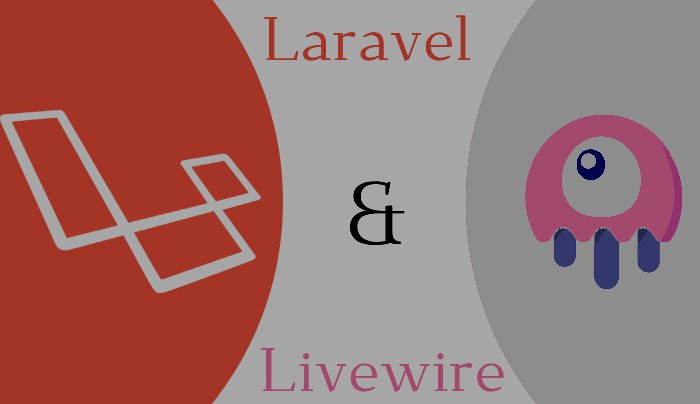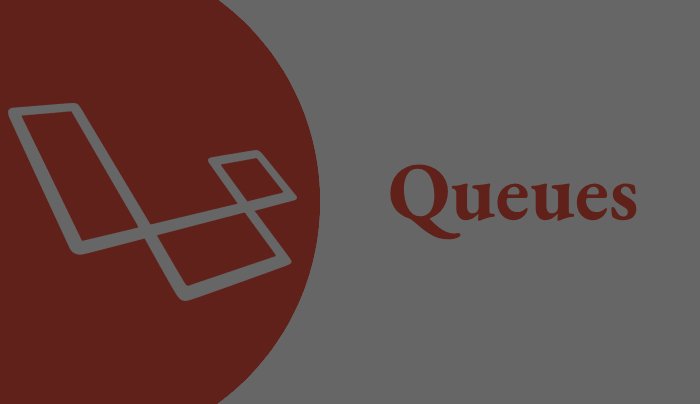Exploring SOLID Principles in Laravel
SOLID is a widely accepted set of design principles for writing software, particularly object-oriented software. The acronym SOLID represents the five key principles: Single Responsibility, Open/Closed, Liskov Substitution, Interface Segregation, and Dependency Inversion.
In this article, we will explore these principles in the context of Laravel, a popular PHP web application framework. By adhering to these principles, we can write clean, maintainable, and scalable code.
1. Single Responsibility Principle (SRP)
SRP states that a class should have only one reason to change, meaning it should have only one responsibility. In Laravel, we can achieve this by separating our application logic into smaller, more focused classes.
For example, consider a controller that handles both user authentication and updating user profiles. To adhere to SRP, we should split this controller into two separate controllers, one for authentication and one for user profiles.
2. Open/Closed Principle (OCP)
OCP states that software entities (classes, modules, functions, etc.) should be open for extension but closed for modification. In Laravel, this principle can be implemented by creating a robust system of interfaces and abstract classes.
For example, imagine a scenario where we need to support multiple payment gateways in our application. Instead of modifying the existing payment gateway class to support new gateways, we can create an interface called `PaymentGateway` and have each gateway implement this interface. This way, we can add new payment gateways without changing any existing code.
3. Liskov Substitution Principle (LSP)
LSP states that if a class is a subclass of another class, then objects of the subclass should be able to replace objects of the superclass without affecting the correctness of the program. In Laravel, this principle can be applied by adhering to the contracts and interfaces provided by the framework.
For example, imagine a scenario where we need to store files in different ways, such as in a local filesystem or in a cloud storage service. Instead of creating a separate class for each storage method, we can create a common interface called `FileStorage` and have each storage method implement this interface. This way, we can easily swap out different storage methods without changing any existing code.
4. Interface Segregation Principle (ISP)
ISP states that clients should not be forced to implement interfaces they do not use. In Laravel, this principle can be applied by creating smaller, more focused interfaces rather than large, monolithic ones.
For example, imagine a scenario where we have a class called `User` that implements an interface called `Socializable`. However, not all users are socializable, so it doesn't make sense for the `User` class to implement this interface. Instead, we can create a separate interface called `SocializableUser` and have only the socializable users implement this interface.
5. Dependency Inversion Principle (DIP)
DIP states that high-level modules should not depend on low-level modules, but both should depend on abstractions. In Laravel, this principle can be implemented by following the Dependency Injection (DI) principle and creating a robust system of contracts and service providers.
For example, imagine a scenario where we need to store files in different ways, such as in a local filesystem or in a cloud storage service. Instead of directly using the file storage class in our controller, we can create an interface called FileStorage and use dependency injection to inject the appropriate implementation of this interface into our controller. This way, we can easily swap out different storage methods without changing any existing code.
In conclusion, by adhering to the SOLID principles in Laravel, we can write clean, maintainable, and scalable code. By following these principles, we can create a robust system of interfaces, abstract classes, and contracts that will serve as a foundation for our application's growth and development.
<?php
namespace App\Repositories;
interface UserRepositoryInterface{
public function find($id);
}
class UserRepository implements UserRepositoryInterface{
public function find($id){
// Retrieve the user from the database
}
}
This example demonstrates how to implement the SOLID principles in Laravel. In this case, we have created a UserRepositoryInterface that specifies a find method. The UserRepository class implements this interface and provides an implementation for the find method. By adhering to these principles, we can create a more flexible and maintainable codebase.
This is a starting point for understanding and applying SOLID principles in Laravel. In practice, these principles may be applied to various aspects of Laravel development, such as controllers, services, middleware, and more. Additionally, SOLID principles are not limited to Laravel; they can be applied to any object-oriented programming language or framework.
Note : For more accurate code analysis and SOLID principles enforcement, consider using automated tools like PHPStan or Rector. These tools can help you identify potential issues and automatically refactor your code to follow the SOLID principles.
By using automated tools like PHPStan or Rector, you can ensure that your code follows the SOLID principles. Additionally, you can take advantage of the Laravel framework's built-in support for dependency injection and contracts. These features make it easier to adhere to the SOLID principles and write clean, maintainable, and scalable code.
Note : It's important to note that SOLID principles are not specific to Laravel. They can be applied to any object-oriented programming language or framework.
Conclusion
It is essential to understand that while SOLID principles can help you write better code, they are not always applicable in every situation. Sometimes, pragmatism and flexibility may be more important than strict adherence to these principles. Following the SOLID principles in Laravel can help you write cleaner, more maintainable, and scalable code. However, it's important to use these principles judiciously and remember that they are not always the best solution for every problem. Keep in mind that the best way to learn and apply SOLID principles is by working on real-world projects and continuously refining your understanding of these principles.
Recent Posts
.jpg)

.jpg)
.jpg)
.jpg)
.jpg)
.jpg)

 (1).jpg)
.jpg)